The UN climate conference in Katowice is over. What does it mean for Poland and the world?
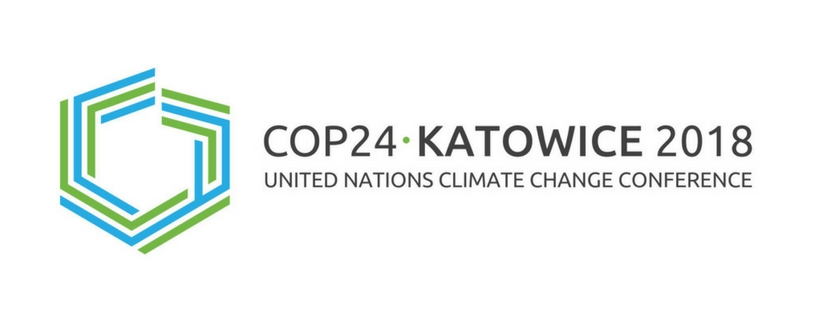
The 2018 United Nations Climate Change Conference (popularly known as COP24) concluded this past weekend in Katowice, 80 km northwest of Krakow.
The two-week event was a meeting of diplomats, scientists, climate change activists (such as British naturalist David Attenborough and former US vice president Al Gore), and industry representatives to agree on rules for how to implement the Paris Agreement. In that 2015 accord, nearly 200 countries agreed on principles to try to keep global average temperature from rising more than 2C above pre-industrial levels.
There is broad scientific consensus that the Earth’s average temperature has been climbing at a significant rate since the late 19th century, and that emissions of greenhouses gasses (such as carbon dioxide and methane) due to human activities are chiefly to blame. While a difference of, say, 0.5C might seem insignificant, even a slight increase in average global temperature could lead to more droughts and forest fires, stronger tropical storms, rising sea levels which would threaten islands and coastal regions, mass extinction events, farming and water problems, and more effects which are difficult to predict. (Indeed, many scientists argue that we are already beginning to see many of these consequences take shape now.)
Most scientists agree that it may be possible to limit our effect on the climate, but only if drastic, immediate action is taken to change the way we use fossil fuels and other planetary resources.

What did the countries agree on?
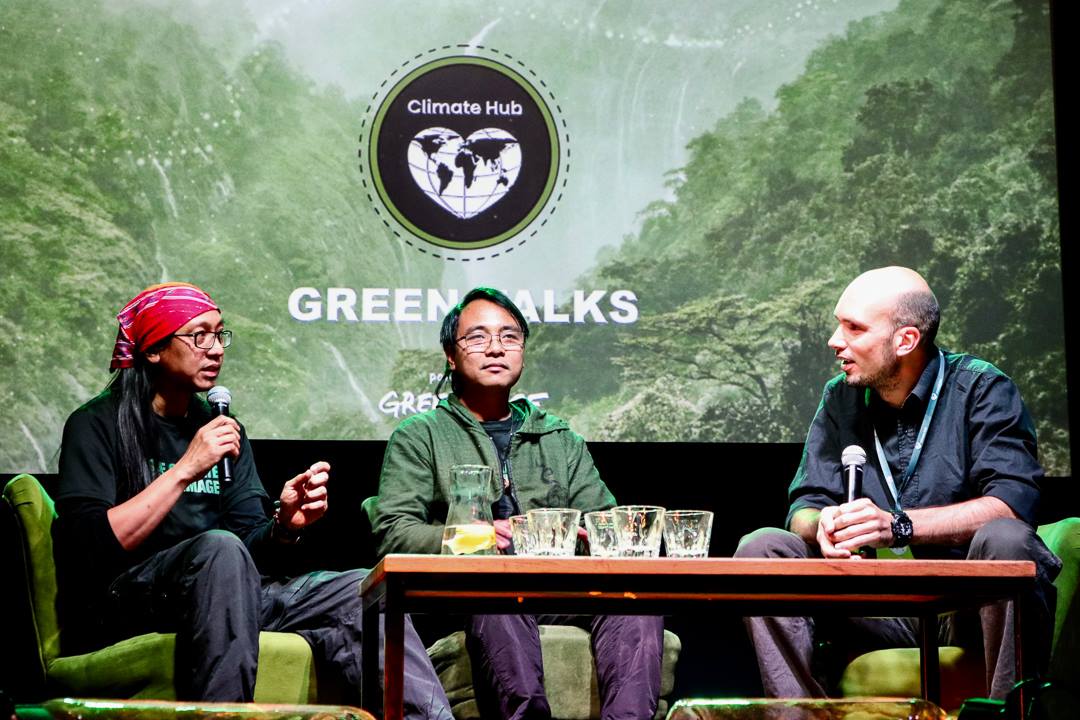
COP24 was meant to clarify the rulebook for how some of the broad goals of the Paris Agreement will be reached. In the end, participants were able to agree on a document defining how compliance should be measured and reported. They also developed a framework for how developed countries can financially support less developed ones in order to help them reduce their climate impact and to mitigate the effects climate change will have on them.
Along with international cooperation is NAZCA (Non-state Actor Zone for Climate Action), a platform through which cities (including Krakow), organizations, companies, and investors can network on various environmental initiatives.
What remains unsettled is a scheme for trading carbon credits. Intended to be a relatively “market friendly” way to limit emissions, this would essentially permit each country to produce a limited amount of carbon dioxide. If a country were able to produce less, another country which wanted to produce more could pay them for their unused credits.
Overall, many participants breathed a sigh of relief that the convention succeeded in producing an agreement, while climate experts are concerned that the goals are still not ambitious enough and that the rulebook is insufficient to prompt change that is sufficiently fast and meaningful.
What were the points of contention?
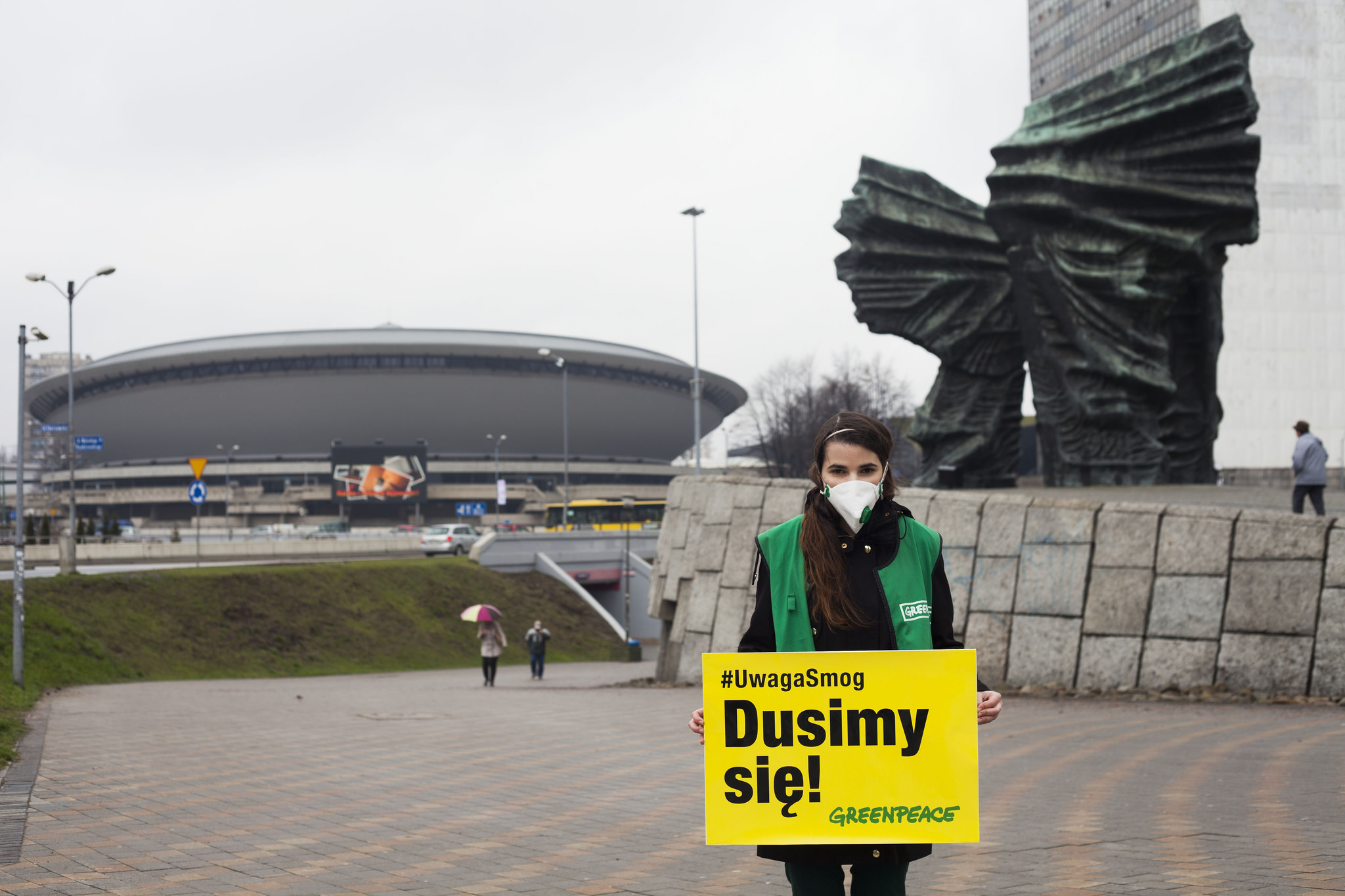
In getting down to details and hard compromises, there was concern that the conference could result in a stalemate in which participating countries proved unable to come to an agreement on how to move forward.
The most tense point arguably came when four oil-rich countries – the US, Saudi Arabia, Russia, and Kuwait – objected to language formally “welcoming” a recent report by the UN Intergovernmental Panel on Climate Change. The report, commissioned at the Paris meetings, analyzed consequences of a 1.5C rise in average global temperatures and strategies for restricting it. Ultimately the panel managed to “express its appreciation” for the report, “note” its findings, and “invite” countries to take advantage of it – weaker language than environmental experts had been hoping for.
The United States has generally proven in recent years to be a roadblock to global initiatives at tackling climate change. After then-President Barack Obama agreed to American participation in the 2015 Paris Agreement, current President Donald Trump fulfilled a campaign promise to renege on that. Although the US cannot formally withdraw until 2020 (and was therefore present in Katowice), in practice it has already implemented contrary policies and used COP24 to promote the use of coal.
Asked about his rejection of climate science, Trump recently told The Washington Post, “One of the problems that a lot of people like myself — we have very high levels of intelligence, but we’re not necessarily such believers. You look at our air and our water, and it’s right now at a record clean. But when you look at China and you look at parts of Asia and when you look at South America, and when you look at many other places in this world, including Russia, including — just many other places — the air is incredibly dirty. And when you’re talking about an atmosphere, oceans are very small. And it blows over and it sails over. I mean, we take thousands of tons of garbage off our beaches all the time that comes over from Asia. It just flows right down the Pacific, it flows, and we say where does this come from. And it takes many people to start off with. Number two, if you go back and if you look at articles, they talked about global freezing, they talked about at some point the planets could have freeze to death, then it’s going to die of heat exhaustion. There is movement in the atmosphere. There’s no question. As to whether or not it’s man-made and whether or not the effects that you’re talking about are there, I don’t see it — not nearly like it is. Do we want clean water? Absolutely. Do we want clean air to breathe? Absolutely.”
Another opponent of stronger environmental standards was Brazil’s proto-fascist president-elect, Jair Bolsonaro, who wants to ease carbon restrictions and remove protections on the Amazon rain forest. He has also rescinded Brazil’s invitation to host next year’s COP25. The Brazilian delegation present at COP24 were some of the greatest opponents of adopting a new carbon trading scheme, as they fought to continue using an old one which they believed to be more beneficial for them.
Turkey also raised an objection when it wanted to be counted as a developing country rather than a developed one, which would entitle it to implement looser environmental restrictions.
On the other side were a group of countries known as the Ambitious Coalition, which pledged to meet their 2030 targets ten years ahead of schedule. These include much of the EU, Canada, and Argentina.
What about Poland?
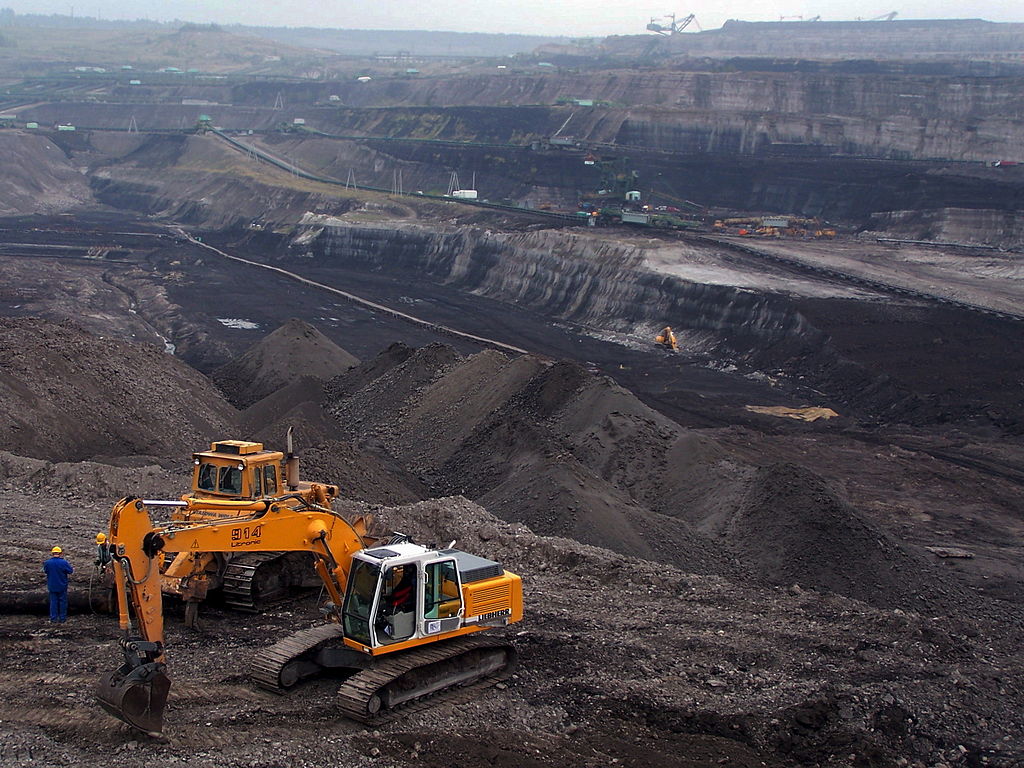
Polish president Andrzej Duda claimed that the development of renewable resources is important to the future of Poland’s energy policy and celebrated a net decrease in Poland’s use of fossil fuels since its communist period – although this has been creeping back up since he took office in 2015.
However, Duda also used the opportunity to tout coal as key to the country’s energy sovereignty – a message that was criticized by environmentalists, but which was not totally unwelcome in a region whose economy has traditionally relied heavily on coal mining and a country anxious to reduce its energy dependence on Russia.
In a speech before conference, Duda said, “States must look at economic and climate policy in a real way, center it so as not to create threats to their economies, and thus societies. These challenges are present, for example, here in Silesia, where hard coal mining has been and continues to be an important development factor for decades, providing fuel for the economy and stable jobs. Therefore, it is also important that the transition to a low-emission economy does not pose a threat to the economic security of the state and to provide trusted energy carriers.”
Some conference attendees also lambasted the fact that Poland’s official country booth at COP24 was almost wholly devoted to promoting various products like soap and jewelry made out of coal.
What’s next?
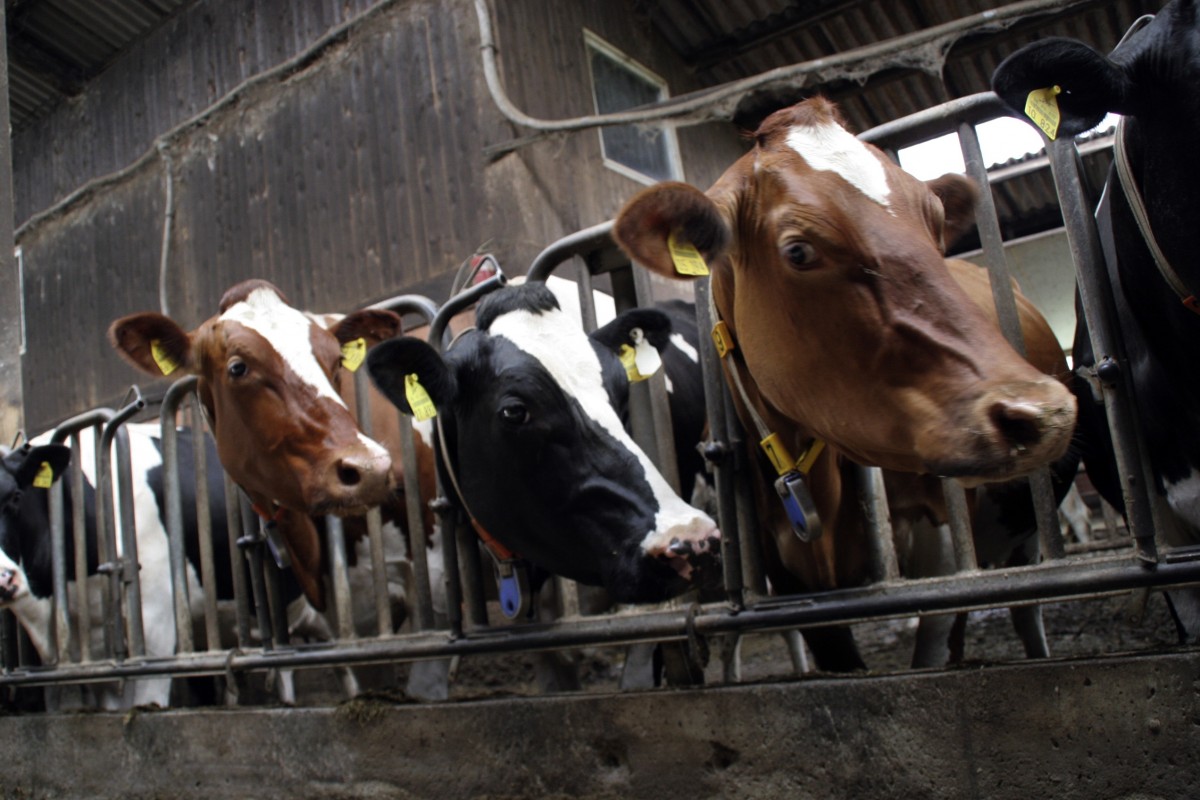
The next COP is planned for September 2019 in Chile (after Brazil’s resignation). There, countries hope to continue to resolve some unanswered questions, such as the mechanics of the aforementioned carbon-trading scheme. The progress countries manage to make independently in the next year – and the tides of their individual politics – will in large part define how that goes.
While large-scale changes to industrial activity need to be made in order to limit greenhouse gas emissions in line with the recommendations of climate experts, individuals can take steps to reduce their own environmental impact:
- Reduce or cut out meat, especially red meat. Animal husbandry is estimated to have a more serious global environmental impact than all transportation combined.
- Cycle, walk, or use public transport when possible.
- Have meetings digitally instead of traveling.
- Minimize food waste.
- Insulate your home well. This can save energy on heating in the winter (as well as money).
Alice Deceuninck contributed to this article.

